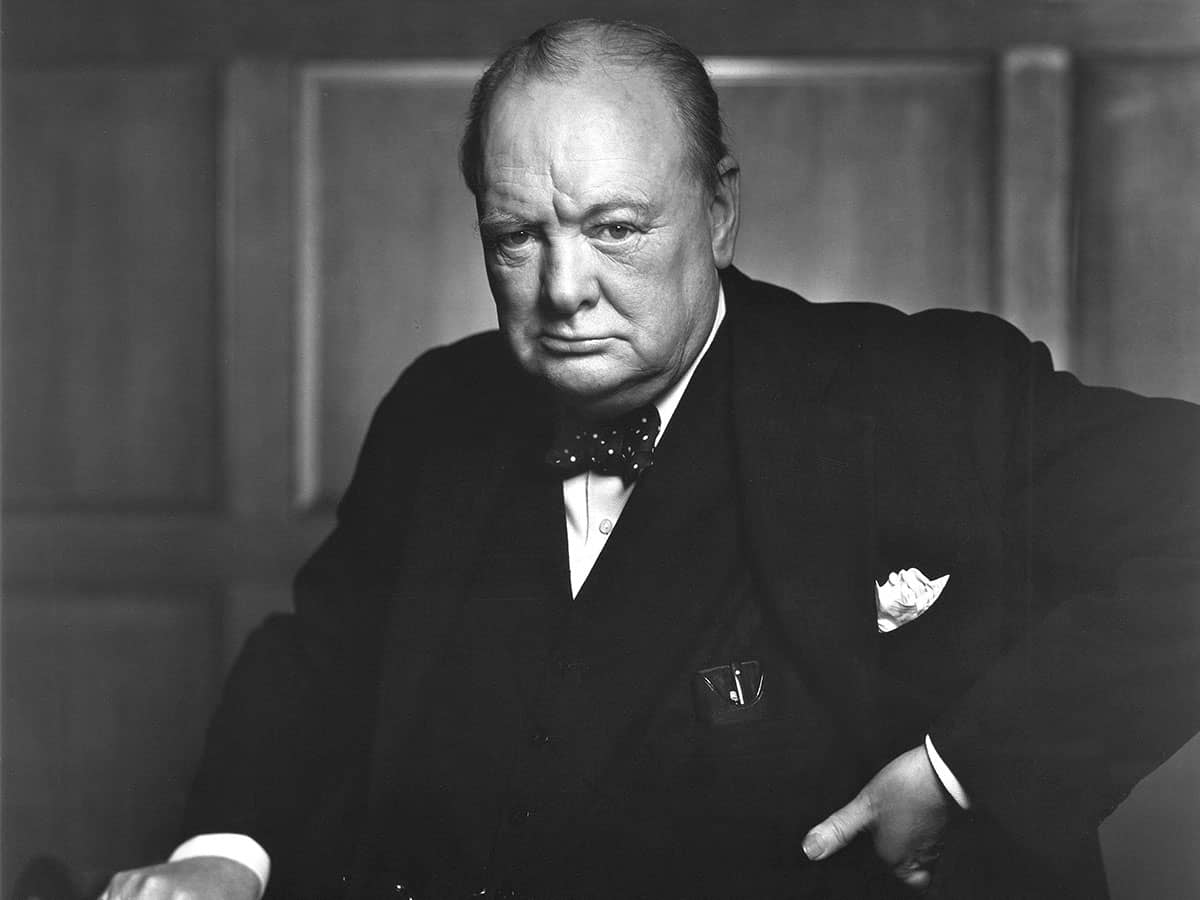Fakir Syed Aijazuddin
Have we emerged from the cocoon of colonialism, or are we still grubbing in search of a political identity?
For the first twenty-four years of our life, we were a colonial power. Our colony – nominally East Pakistan – lay over a thousand miles away: too far for unity but near enough for relentless exploitation. Since then, we have reverted to being a colony – first American and foreseeably, Chinese.
The mindset of West Pakistan towards East Pakistan was no different from that of Great Britain towards its colonies. Or that of Spain, Portugal, France, Netherlands, and even Scandinavia towards theirs. After their colonies wriggled out from beneath them, they folded their own flags, hoisted new ones on the same flagpole, and departed, leaving their dialects behind for the locals as a step-mother tongue.
Gradually, at a lame caterpillar’s pace, colonial history is being re-evaluated. Former colonies are becoming aware of the Black Hole into which their past disappeared, of how their histories were pulverised and reshaped into newer building blocks.
When, between 1776 and 1789, Edward Gibbon published his six volume work The History of the Decline and Fall of the Roman Empire, he rummaged in the ruins of its past, rather than making sense of the imperial present that surrounded him.
He had little interest in the disintegration of the Ottoman Empire signalled by the invasion of Constantinople by the Russians in 1770. He knew little of the surrender by the Dutch a century earlier of their colony of New Amsterdam, located on the southern tip of Manhattan Island. It was renamed by the British New York.
Gibbon was too busy ‘scribbling’ (to quote King George III’s tactless phrase) his tome to be aware of the Third Battle of Panipat, fought in far-off India on 14 January 1761 between the Marathas and the invader Ahmed Shah Durrani. The battle achieved a notoriety history should never replay. It is infamous as the battle with the largest number of fatalities in one skirmish. According to reliable accounts, between 60-70,000 combatants died and another 40,000 killed in the vengeful bloodbath afterwards. Only the Battle of Passchendaele in the first World War which continued from July to November 1917 can match that gruesome statistic.
Gibbon wrote about the Roman Empire, alone. It has taken fourteen scholars to write one paperback volume titled The Age of Empires (2007), edited by Robert Aldrich. The essays by these different specialists revolve around a common theme – the condescending, unequal relationship between rulers and the oppressed.
The size of the colonising power never mattered. Tiny Netherlands – itself vulnerable to its larger neighbours – nevertheless spread itself as far as the islands of Indonesia in the east and Suriname in South America. Midget Belgium rode its only colony – the elephantine Congo – which was seventy-seven times its size. To middling Portugal, Brazil was no more than its ‘milch cow’. In the 1820s, more than 26% of the world’s population lived in territories controlled by one island race – Great Britain. Even Germany whose empire outside its borders lasted less than thirty-five years quibbled about its ‘ridiculously modest colonial acquisitions.’
The history of empires is written in human blood – the ‘ethnic cleansing’ unleashed by the Spaniards on the remnants of fifteen generations of its Muslims citizenry; the Italian savagery in Libya under Mussolini in the 1920s and later his ruthless decimation of the Queen of Sheba’s descendants in Ethiopia, of its ‘intellectuals, students, even story-tellers’; the systematic annihilation of countless (‘between 200,000 and 300,000 Algerians’) during the Algerian war of the mid-1950s; and the cannon fodder provided by French colonies and by India and other British colonies to fight for the Allies in the First and Second World Wars.
And it was human blood and flesh and sinew that was traded in countless numbers by slave merchants in every continent. All this was a far cry from the alliterative but vapid colonial policy of ‘peace, profits and principles’.
Intermarriage in the torrid climate of the colonies left a mixture of divided ethnicity and divided loyalties. Language too laid horizontal strata between the educated and those who thought instinctively in their mother tongue.
The final scholar in this book addresses the ambitions of the United States – the ‘hitchhiker’ imperialist. Since its emergence as the sole superpower, the U.S. does not need colonies. It already rules the rulers of the ruled.
In 1943, that bull-dog champion of empire Sir Winston Churchill, addressing an audience at Harvard University, foresaw that ‘the Empires of the Future’ would be ‘the Empires of the Mind.’ Powers do not need geographical territory. Information technology has compressed the world into the shape of a human brain.
Fakir S Aijazuddin is a noted thinker and columnist of Pakistan

